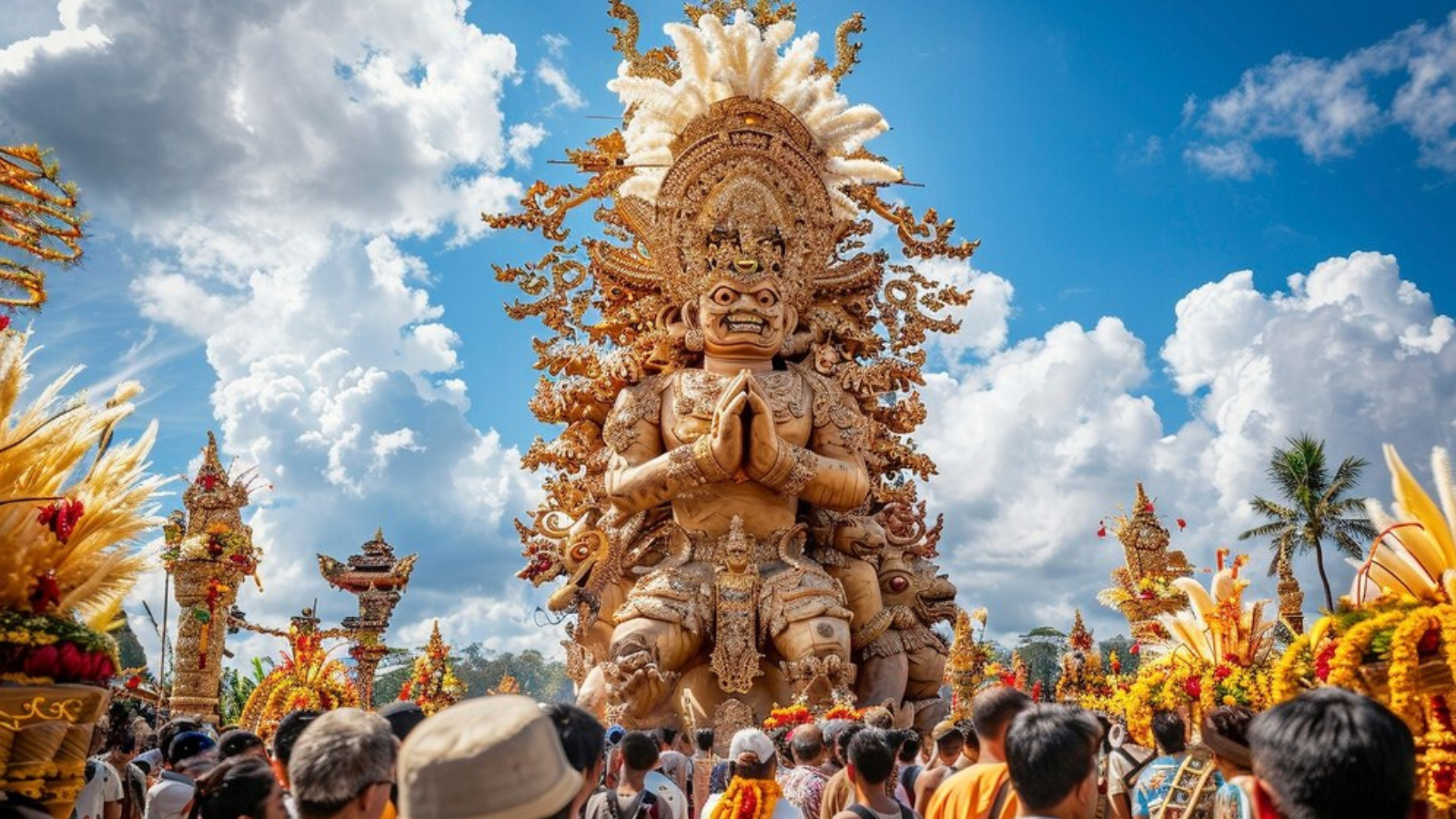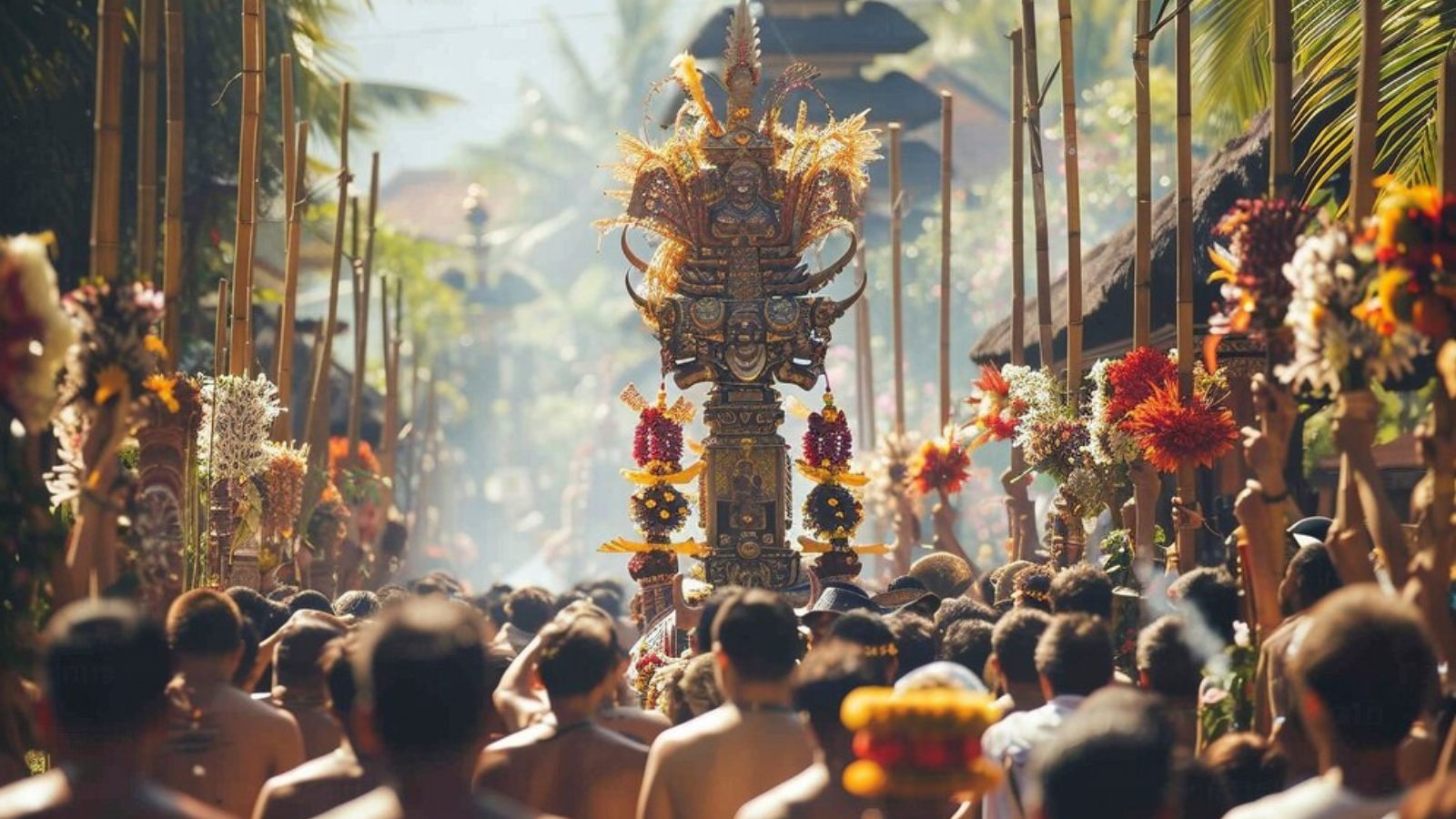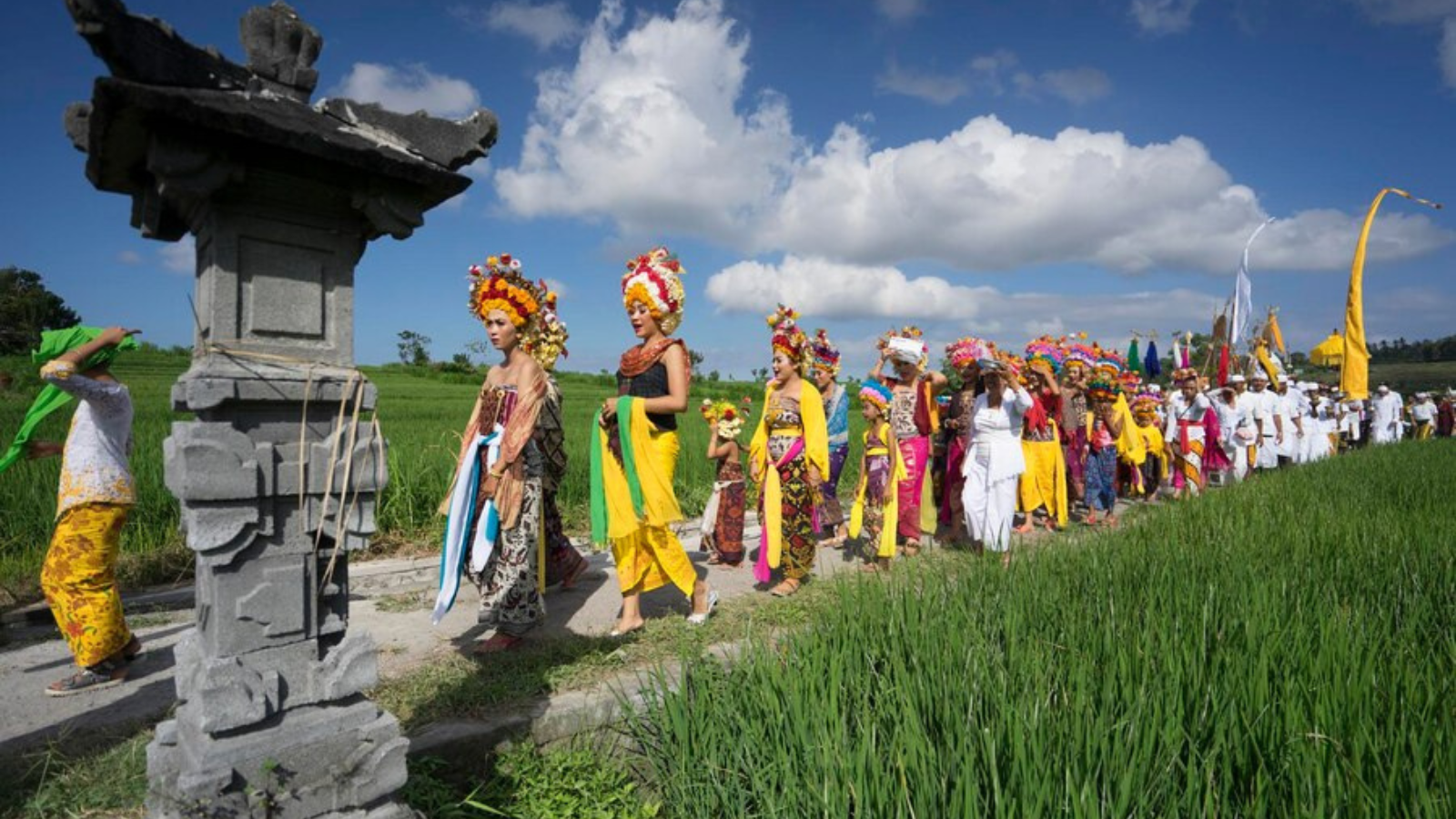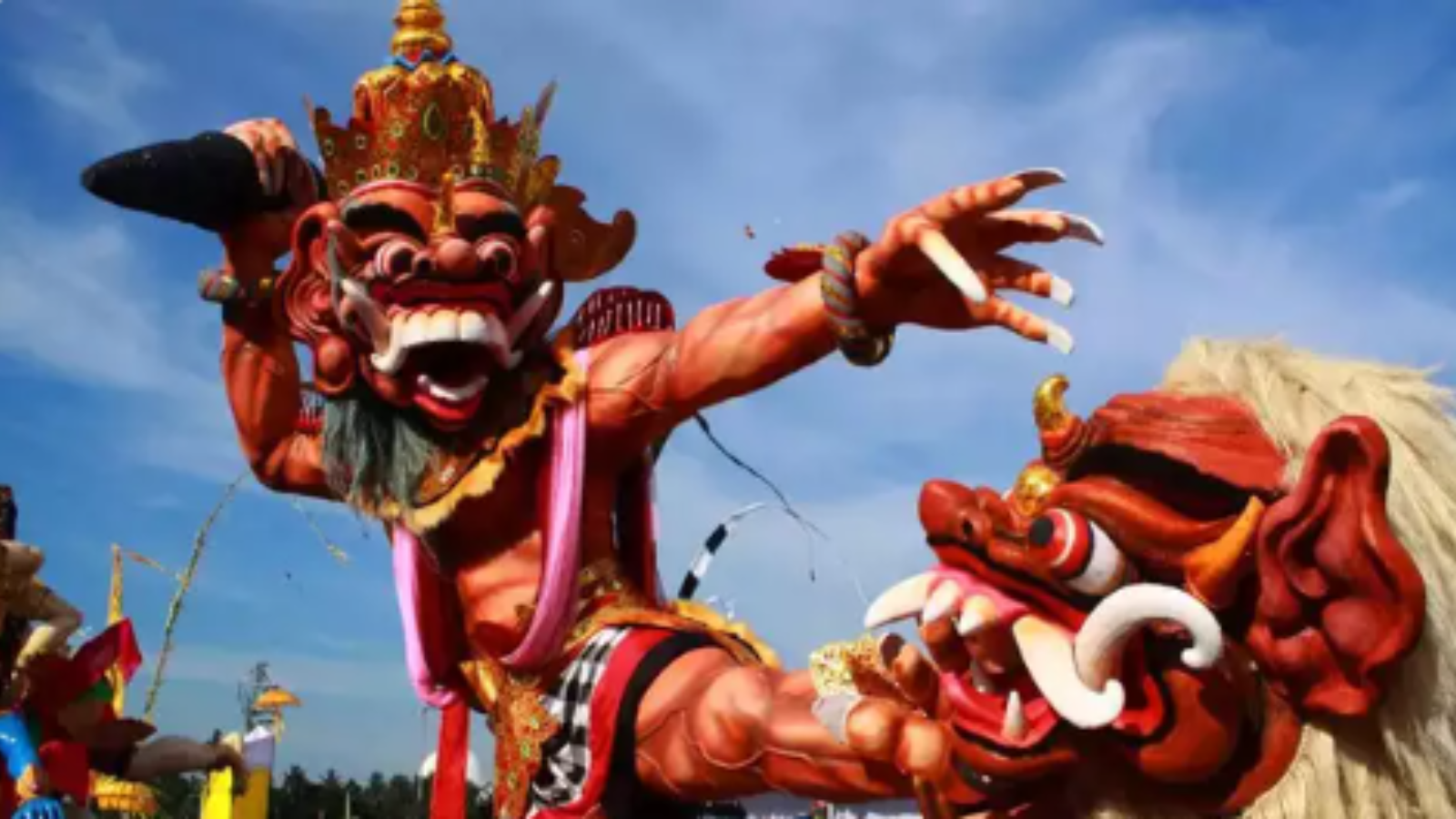Nyepi 2025 in Bali – A Complete Guide to the Day of Silence and Its Traditions

Nyepi, or the "Day of Silence," is one of Bali’s most significant cultural and spiritual events. It marks the Saka New Year and is a time for reflection, self-purification, and complete stillness. For 24 hours, the island comes to a standstill—no travel, no lights, no noise. This sacred observance offers a rare opportunity to disconnect from the outside world and immerse in Bali’s deep spiritual traditions.
The Meaning and Significance of Nyepi

Nyepi symbolizes the balance between good and evil and the purification of negative energies in preparation for the New Year. Rooted in Balinese Hinduism , it is observed to bring harmony and peace to the island. Unlike the rest of Indonesia, where Islam is predominant, about 87% of Bali’s population follows Hinduism, making this festival an integral part of their identity and beliefs.
When is Nyepi in 2025?
Nyepi follows the Balinese lunar Saka calendar. In 2025, it will be observed from 6 AM on March 29 to 6 AM on March 30. Since the date changes each year based on the moon cycle, travelers should plan accordingly if they wish to witness or avoid the event.
# The Rituals and Traditions of Nyepi

Pre-Nyepi Celebrations: Rituals and Festivities
The days leading up to Nyepi are vibrant and filled with purification ceremonies and rituals:
- Melasti Ceremony: Held at beaches and water sources, this ritual purifies sacred objects and symbolizes spiritual cleansing.
- Mecaru Ceremony: On the eve of Nyepi, Balinese families scatter rice and make noise with bamboo drums to drive away evil spirits.
- Ogoh-Ogoh Parade: Giant, mythical effigies are carried through the streets in a grand procession, accompanied by traditional music and dance, before being burned to symbolize the elimination of negative energy.
- Mesabatan Fire Tradition: In Nagi Village, youths engage in a dramatic fire battle using coconut husks, symbolizing the triumph of good over evil.
# Nyepi Day: The Island Goes Silent
On Nyepi, the entire island shuts down, following four key principles:
- Amati Geni: No fire or lights, including electricity.
- Amati Karya: No work or physical activity.
- Amati Lelunganan: No travel or leaving home.
- Amati Lelanguan: No entertainment or indulgence.
Even the airport closes, making Bali one of the few places in the world to observe such a complete pause in daily life. Tourists must remain in their hotels, with minimal noise and lighting.
# The Day After Nyepi: Ngembak Geni

Once the silence lifts, Balinese Hindus celebrate Ngembak Geni, a day of forgiveness and renewal. Families and friends gather to seek blessings and start the new year on a fresh, positive note.
What Tourists Need to Know About Nyepi
Rules for Visitors
- Respect the Silence: No loud noises, outdoor activities, or unnecessary movements.
- Stay Indoors: Hotels and resorts offer special Nyepi packages with indoor entertainment and meals.
- Plan Ahead: Stock up on essentials as shops and restaurants will be closed.
- Be Mindful of Connectivity: Internet and cellular services may be restricted, so inform loved ones in advance.

Should You Visit Bali During Nyepi?
Experiencing Nyepi is an unforgettable cultural experience, allowing visitors to witness Bali’s spiritual essence beyond its beaches and nightlife. If you seek tranquility and deep reflection, it is the perfect time to visit. However, if you prefer an action-packed trip, it may be best to plan your visit around it.
Nyepi is more than just a day of silence; it is a profound cultural tradition that showcases the deep spiritual roots of Bali. Whether you observe it as a visitor or simply respect its customs, this sacred day offers a powerful reminder of the importance of balance, renewal, and inner peace.